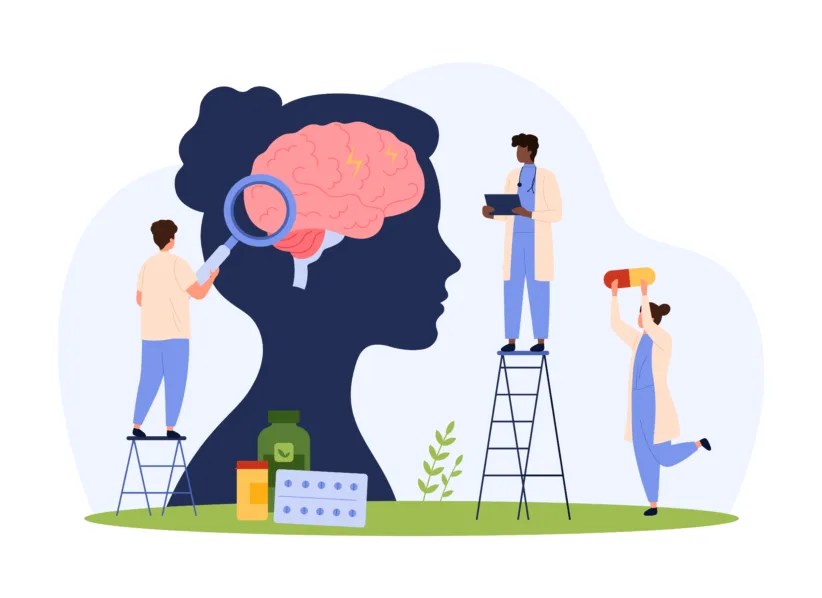
Concussions and Head Injuries: What Parents Need to Know
Kids can be rough and tumble, and even with the best plans, they can still sustain bumps and bruises from time to time. And that goes double for kids who play sports.
Whether it’s on the playground or on the soccer field, a hit to the head can be scary. But knowing about concussion treatment can help speed up the recovery process, making it easier for kids to get back to playing like normal more quickly.
We sat down with Dr. Dennis Cardone, co-director of the NYU Langone Health Concussion Center, to talk about what parents need to know about managing concussions with their children.
Psst… Here are 10 Sex Education Books for Families
What are some signs or symptoms of concussions that parents should be on the lookout for?
Any unusual or hard hit to any part of the body can result in a concussion. In other words, a child can sustain a concussion without a direct hit to the head.
“What happens with many concussions are not related to that direct blow to the head, but from an acceleration force,” Cardone says. “The head gets a rotational acceleration force, or forward bend, backward bend force, and that can cause a concussion.”
With that in mind, common symptoms of a concussion following an unusual or hard hit can include:
- Headache
- Nausea
- Dizziness
- Issues with balance
- Sensitivity to light and noise
- Feeling or appearing “in a fog”
When should parents reach out to a medical professional about a concussion?
Parents should reach out to a health care professional “in any scenario” where they’re concerned about a concussion, Cardone says.
But not every head bump warrants a trip to the emergency room. A good place to start is with a pediatrician or a concussion specialist.
“I think it’s very important for parents to know that they don’t need to necessarily take their child to the emergency room,” Cardone says. “And it’s okay to wait a day or two days, as long as symptoms are not worsening.”
In any case where a concussion is suspected, a child should be evaluated by a professional, especially before returning to sports and other activities. Without being evaluated by a professional, kids run the risk of getting a second concussion before being fully recovered from the first one, which can have strongly negative consequences.
“Those seconds hits before full recovery, those are the more concerning ones,” Cardone says. “Where symptoms can be much more prolonged, the recovery can be much more prolonged, and potentially they could have more significant consequences in the short term as well.”
What does recovery from a concussion look like?
The key to avoiding a second concussion is making sure that your child is fully healed from their first one before returning to physical activities, Cardone says.
An athletic trainer or pediatrician can help guide recovery in specific cases, but this is generally what recovery from a concussion looks like, according to Cardone:
- Kids should first be completely asymptomatic and return to their pre-injury baseline
- After all symptoms subside, concussion specialists will typically take the patient through four to five days of progressively more strenuous activities to make sure symptoms don’t come back
- If symptoms don’t re-emerge, kids will be cleared to go back to their normal activities
- Typically, younger children will take a little longer to get back to their baseline than older kids.
Helping a kid recover from a concussion might look a little bit different than what parents expect, especially as our understanding of treating concussions has changed.
“Many people still think that the child who has a head injury or concussion, that they need to wake them up throughout the night, and the child needs to be cocooned or just put in a dark room and quiet,” Cardone says. “And that’s the furthest thing from the truth right now.”
In our current understanding of concussion recovery, specialists emphasize getting kids involved in some form of “sub-threshold aerobic activity” early on, Cardone says. This typically looks like kids doing non-strenuous activities without risk of falling or impact for short periods of time; this has been shown to help speed up recovery time in many cases.
Cardone also says the idea that kids can’t go to school or use their phones at all in the first week after a concussion is no longer best practice.
“It is okay to have some screen time or some phone time,” Cardone says. “And we’d like to get them started with school even if it’s just partial days of school early on.”























